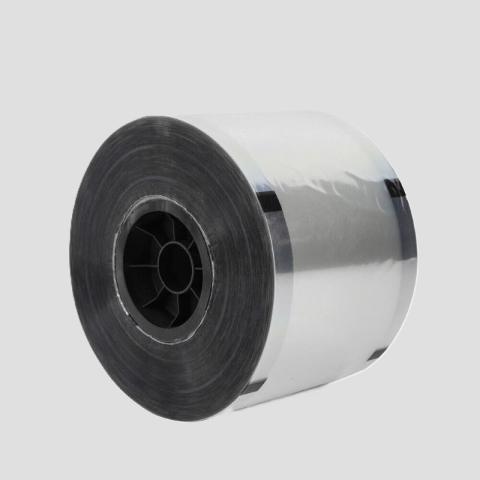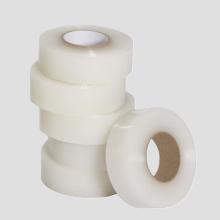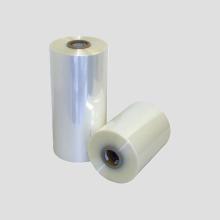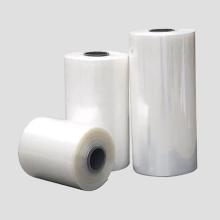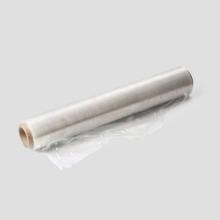Biodegradable sealing film is a kind of film made of natural or synthetic polymer materials, which can be decomposed into harmless substances such as water and carbon dioxide under specific conditions (e.g., the action of microorganisms in the soil). Compared with traditional plastic sealing film, biodegradable sealing film is more environmentally friendly and will not cause long-term pollution to the environment.
Features
- environmental protection: the main advantage is its good biodegradability, which can be decomposed quickly in the natural environment and reduce white pollution.
- Safety: many biodegradable materials come from plant starch or other natural resources, non-toxic and harmless to the human body, suitable for food packaging and other fields.
- Breathability and moisture permeability: Compared with traditional plastic films, some types of biodegradable films have better breathability and moisture permeability, which helps to keep the contents of the package fresh.
- Mechanical strength: Although the physical properties of biodegradable materials have improved significantly with technological advances, overall their tear resistance and tensile strength may still be lower than that of ordinary plastic products.
- Cost: Due to the more complicated production process and higher cost of raw materials, the price of biodegradable sealing films is generally higher than that of traditional plastic products at present.
Applications
- food industry: used for fresh fruits and vegetables, meat, seafood and other perishable food packaging, not only to ensure food safety but also to help extend the shelf life. 2. medical field: for the need to strictly control the packaging of food products.
- Pharmaceutical field: for drugs that need to be preserved under strictly controlled temperature and humidity conditions, the use of biodegradable sealing film can effectively isolate the influence of the external environment.
- Agricultural mulching: used as mulch in crop cultivation, it can not only inhibit the growth of weeds but also increase the soil temperature and promote the growth and development of crops; at the same time, it is easy to be recycled and disposed of, which reduces the burden of farmers.
- Daily necessities packaging: including but not limited to cosmetics, personal care products and other non-food commodities have also begun to gradually use such environmentally friendly materials for packaging.
Product Category

